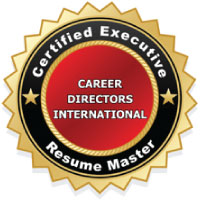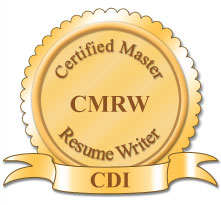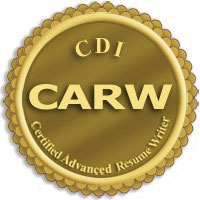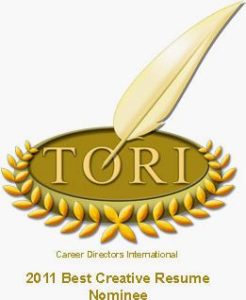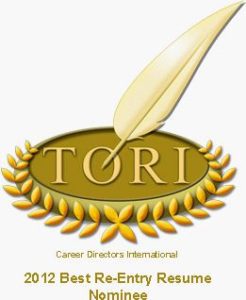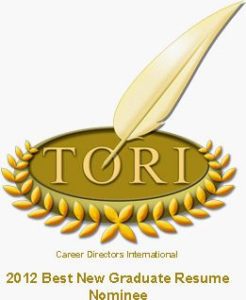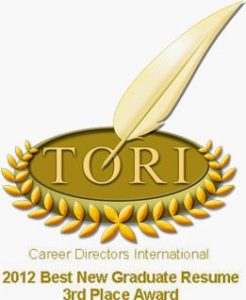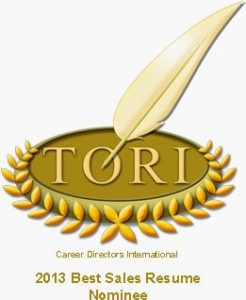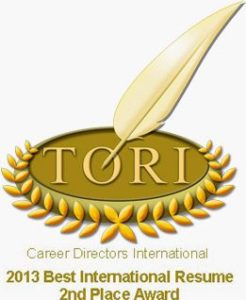It’s undeniable that a degree from an Ivy League college holds a lot of prestige. In fact, I have personally experienced the benefit of an Ivy League degree in my career, as I’ve set out first as a lawyer and then as a resume writer and college essay advisor. “B.A. Yale ’91” is enough to convince some people to hire me. Many employers prefer to hire people with one of those “magic” schools on their resumes.
I have a secret to share: I sometimes wish I had gone to Oberlin where the students might be a bit more hippie and down to earth, i.e., more like me. But I will never regret having a Yale degree on my resume. It helped me get into another prestigious school (NYU Law ’98) and has gained the respect of several employers and clients.
A recent article by Eve Tahmincioglu on msnbc.com, “An Ivy League degree no surefire path to success,” explores whether an Ivy League degree really makes a difference when it comes to how well a candidate will do in a job. The article concludes that hard work, not the college name on your diploma, leads to career success. Nevertheless, people with Ivy League degrees have significantly higher incomes than their non-Ivy counterparts:
“The typical Ivy League bachelor’s graduate earns about 27 percent more early in their career, and about 47 percent more by the time he or she is about 40, than the typical bachelor’s graduate from all U.S. schools,” according to compensation website PayScale.com.
I wonder: Do employers like to hire someone from the “right” school simply because of the prestige, or do they beleive they can rely on the pre-screening that the Ivies (and other top schools) do on every admittee? It seems to me that there’s a really good chance that someone who made it into an Ivy League school is among the best and the brightest. That’s not to say that a huge number of the best and the brightest — and the most hard working — did not go to Ivy League universities, either because they did not get in or because they chose less pricey options.
It’s understandable that many students prefer to attend Ivies, regardless of whether this education is essential to career success. Ivy League colleges come with a guaranteed caliber to the student body and community, to the professors, and to the education. And of course, the degree opens up many doors with ease.
The competition to get in to Ivy League and other top schools, as reported by Ms. Tahmincioglu in her MSNBC article, is fiercer than ever: “According to the Harvard Crimson, the school accepted a record-low 6.9 percent of applicants this year even though the number of applications actually went up 5 percent — topping 30,000 for the first time in the school’s history.”
The long and the short of it is that if you want to have an easier path to some of the most prestigious jobs in the country, a Yale, Harvard or Princeton degree will go far. You still need to do well once you’re there, and you still need to work hard once you’re in the work force. But the big names on the resume don’t hurt a bit. And in my book, that’s enough to make it worthwhile to shoot for the best.

